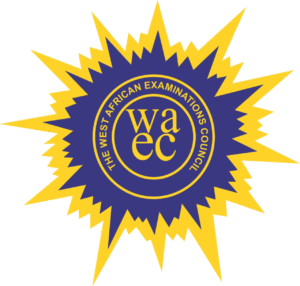KNUST Forms Alliance with Herbal Medicine Practitioners to Boost International Competitiveness

The Kwame Nkrumah University of Science and Technology (KNUST), through its Department of Herbal Medicine, has launched a comprehensive training initiative for herbal medicine producers in Ghana. This collaboration is aimed at improving the quality, safety, and efficacy of herbal products, ultimately preparing local practitioners to meet international standards and access global markets.
The initiative comes at a pivotal time, as the global demand for herbal remedies continues to surge. The World Health Organization (WHO) projects that the global herbal medicine market will reach an estimated value of $5 trillion by the year 2050. Ghana’s herbal medicine industry, though promising, must overcome significant challenges to tap into this lucrative market.
In 2010 alone, Ghana’s local herbal industry recorded the sale of approximately 951 tonnes of crude herbal materials, valued at around $7.8 million. However, industry leaders and academics agree that achieving international competitiveness requires more than just market volume—it demands adherence to rigorous global standards.
Dr. Solomon Appiah Kubi, President of the Herbal Medicine Practitioners Association of Ghana, emphasized the importance of aligning with international quality benchmarks. He noted that many foreign herbal products, especially those from countries like China, come with internationally recognized certifications, making them more acceptable in global markets.
“Our partnership with KNUST is a strategic step towards achieving ISO certification,” Dr. Kubi stated. “These certifications are not just labels—they reflect adherence to strict safety and quality controls. Through this collaboration, we will receive a clear roadmap to help our members achieve those standards.”
One of the persistent challenges facing herbal medicine in Ghana is public skepticism, largely due to the general nature of product labeling and a lack of disease-specific applications. The new training programs at KNUST aim to address this by teaching practitioners scientific extraction techniques that will allow them to produce medicines targeted at specific ailments, with verifiable therapeutic benefits.
Dr. Kubi also highlighted the need for deeper understanding between herbal and conventional medicine practitioners. He pointed out that herbal remedies often have fewer side effects than synthetic drugs and called for further research into their safety profiles. “We need studies that can document and explain any side effects associated with herbal products. That way, chemical medicine practitioners can better appreciate the safety of these treatments,” he said.
Professor Isaac Kingsley Amponsah, Head of the Department of Herbal Medicine at KNUST, echoed this sentiment, stressing the university’s commitment to integrating science and technology into traditional medicine practices. “If herbal practitioners are aiming for international markets, then it’s our responsibility to support them with the tools and knowledge they need to meet those expectations,” he explained. “We’re focused on helping them improve their formulations to enhance efficacy while maintaining low toxicity and safe usage.”
Supporting this initiative is Professor Samuel Asare Nkansah, Dean of the Faculty of Pharmacy and Pharmaceutical Sciences at KNUST. He emphasized the importance of ongoing research to ensure sustainability in herbal medicine development. According to him, exploring the medicinal properties of a wider range of plant species will be critical.
“Medicinal plants owe their healing properties to what we call secondary metabolites. These compounds can be found in many different plants. Through research, we can help practitioners discover new sources that may offer the same, if not better, therapeutic value than the plants they currently use,” Prof. Nkansah stated.
As Ghana positions itself to take advantage of the booming herbal medicine industry, the partnership between KNUST and herbal medicine practitioners is a forward-looking move that blends tradition with innovation. By building scientific credibility and ensuring product safety, Ghanaian herbal products could soon find a place on shelves around the world.





